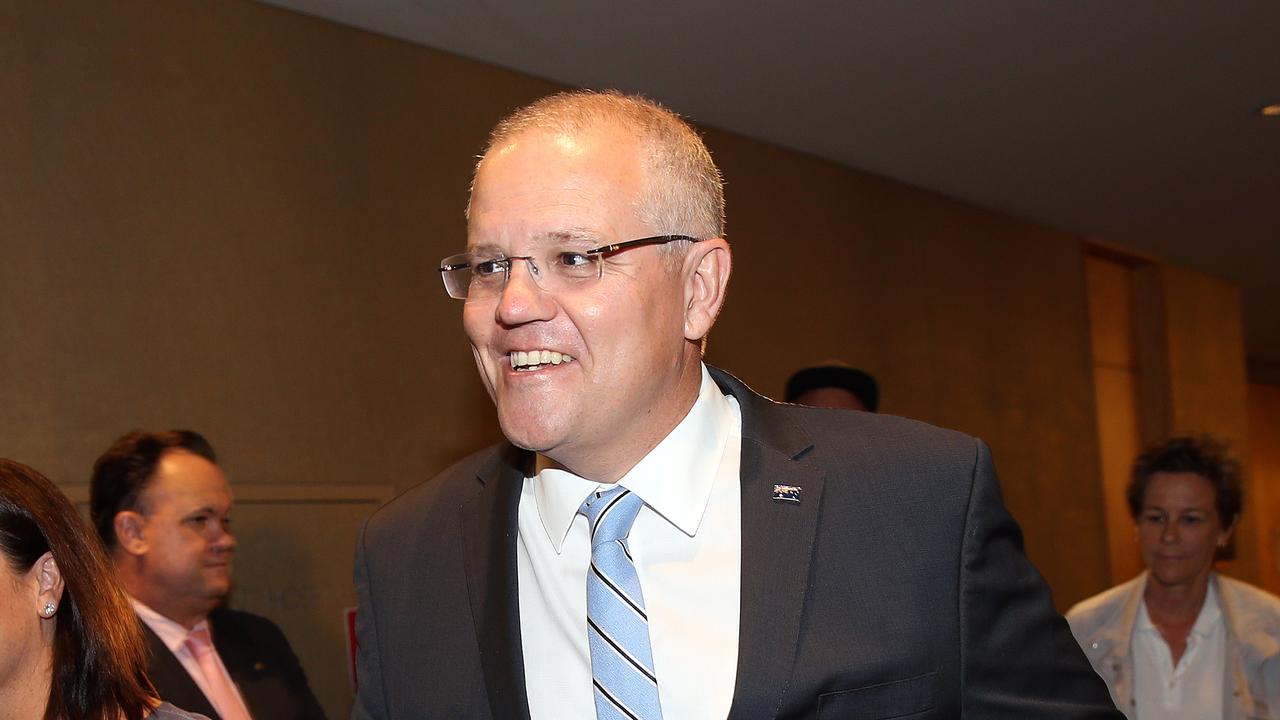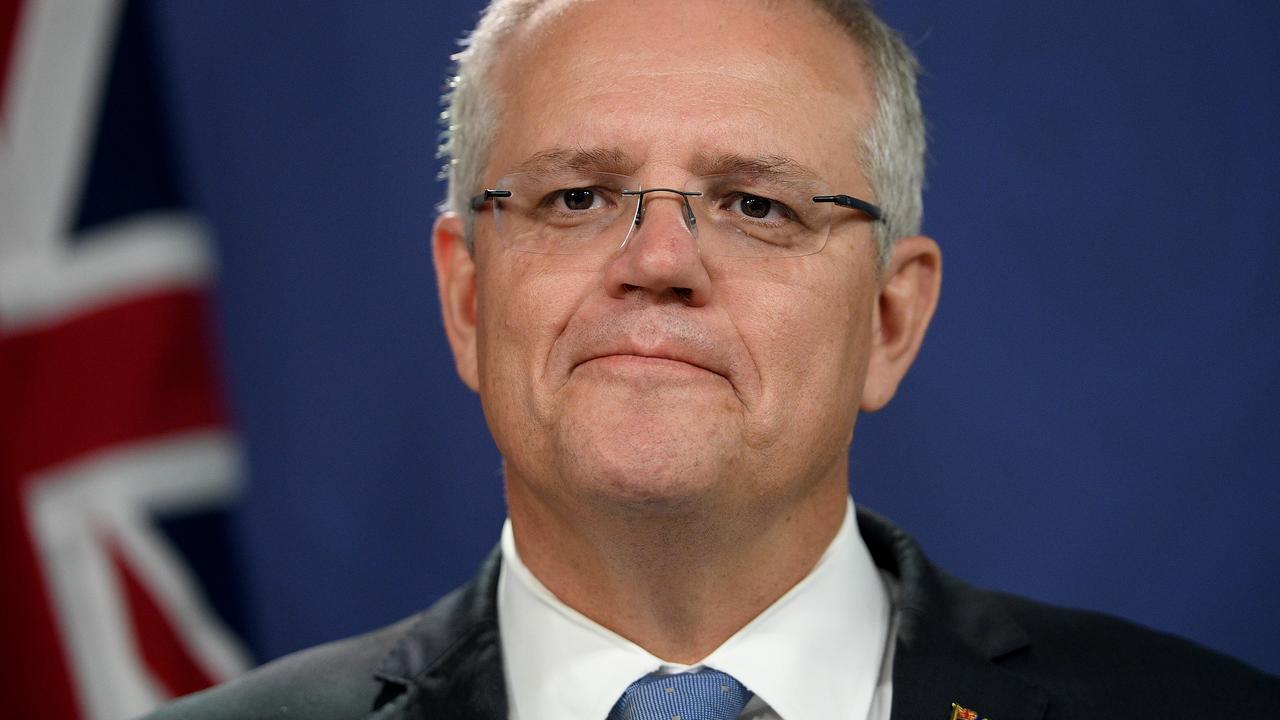
The more rogue Malcolm Turnbull becomes, the better Scott Morrison and his colleagues get at handling his attempts at sabotage.
The former leader’s delusion has led him into overreach of immense proportions and isolated him even from those staunch supporters who want to fight against the “anti-women, homophobic, climate change deniers” of the “reactionary Right” within Liberal ranks.
As Tiberius on Twitter, Turnbull has forced his friends to distance themselves from him and reinforced his critics’ conviction that he is not a true Liberal and is trying to “blow the place up”.
There’s no doubt Turnbull’s campaign of Coalition destruction will spread the image of political chaos, heighten the sense of government instability and suppress the polling.
But, within the parliamentary Liberal Party, there is clear feeling that Turnbull has gone too far, too quickly, destroyed his credibility, marginalised his judgment, trashed his legacy and triviliased his authority.
Turnbull’s visible hand at undermining Morrison, appealing to MPs to defy his authority, to dump sitting MPs and force a disastrous early election, has proven far less effective within the Liberal Party than his “invisible hand”.
Last week the defection of Turnbull ally in the fight against the “reactionary Right”, Julia Banks, was a devastating, deflating day for the government. Ministers were visibly shaken and Morrison’s responses in parliament were uncertain, hesitant and uninspiring. But in the space of 48 hours, Turnbull’s attempts to force the dumping of Craig Kelly as an MP, appeal for a March election and then providing Labor with yet more ammunition to attack Morrison’s energy policy, meant moderates were forced to repudiate his advice and the Coalition was left wide open on energy policy.
The erratic behaviour, delusion and determination to remain the centre of political attention was highlighted by Turnbull’s tweet during question time denying he supported Labor’s energy policy. Even Labor laughed.
Combined with Morrison’s continued determination not to give up, the Turnbull overreach has had the reverse effect on Coalition MPs.
Morrison had credible, political and forceful answers to Labor’s questions about Turnbull’s support for its policy and homed in on the ALP’s greatest policy weakness — the 45 per cent target for carbon emissions.
Morrison still hasn’t been able to answer publicly why Turnbull isn’t prime minister but he had no difficulty in picking apart the weakness in Labor’s version of the national energy guarantee which Turnbull had invoked.
His responses were strong, rousing and avoided the issue of Turnbull’s destabilisation completely.
It matched the mood of the government, with ministers saying they felt “reinflated”, “reinvigorated” and “revived” after the dismal day of Banks’s defection, and confident people could now see “why Malcolm Turnbull is no longer prime minister”.
This is unlikely to translate anytime soon into public support for the chaotic Coalition but it’s an important step that has to be taken if there is to be any recovery and any defiance to Turnbull’s destruction.





To join the conversation, please log in. Don't have an account? Register
Join the conversation, you are commenting as Logout